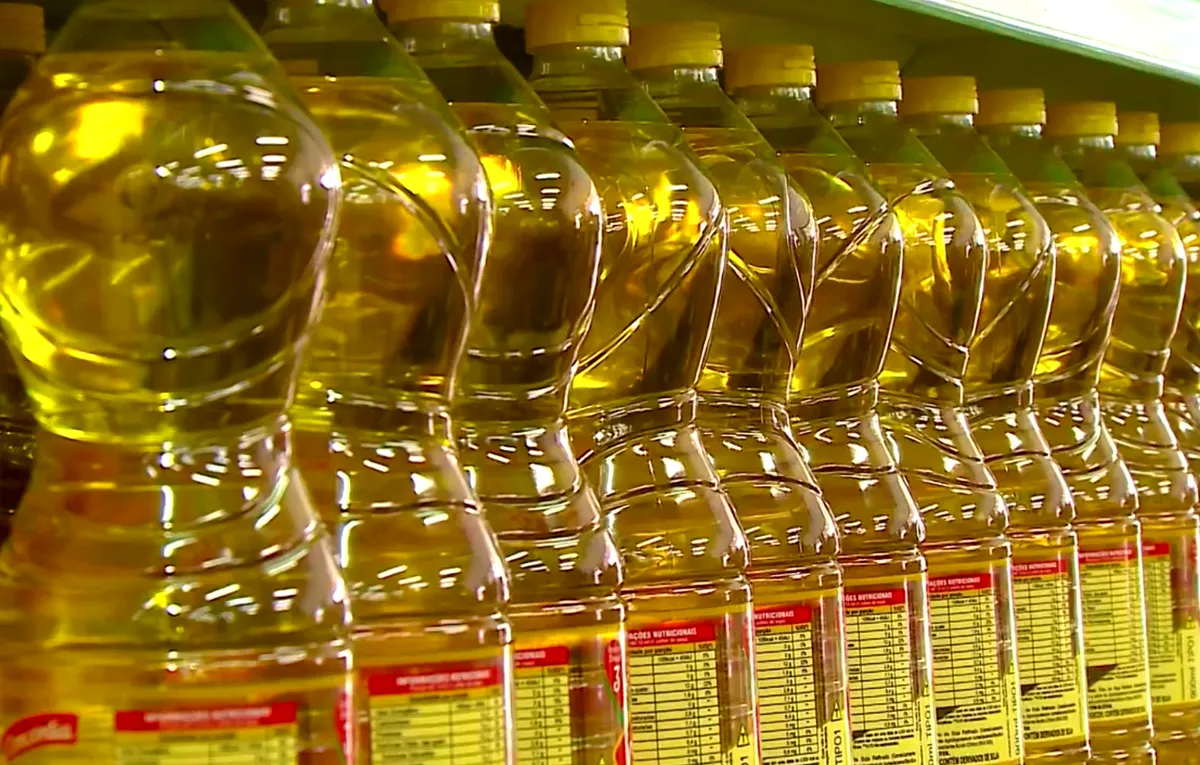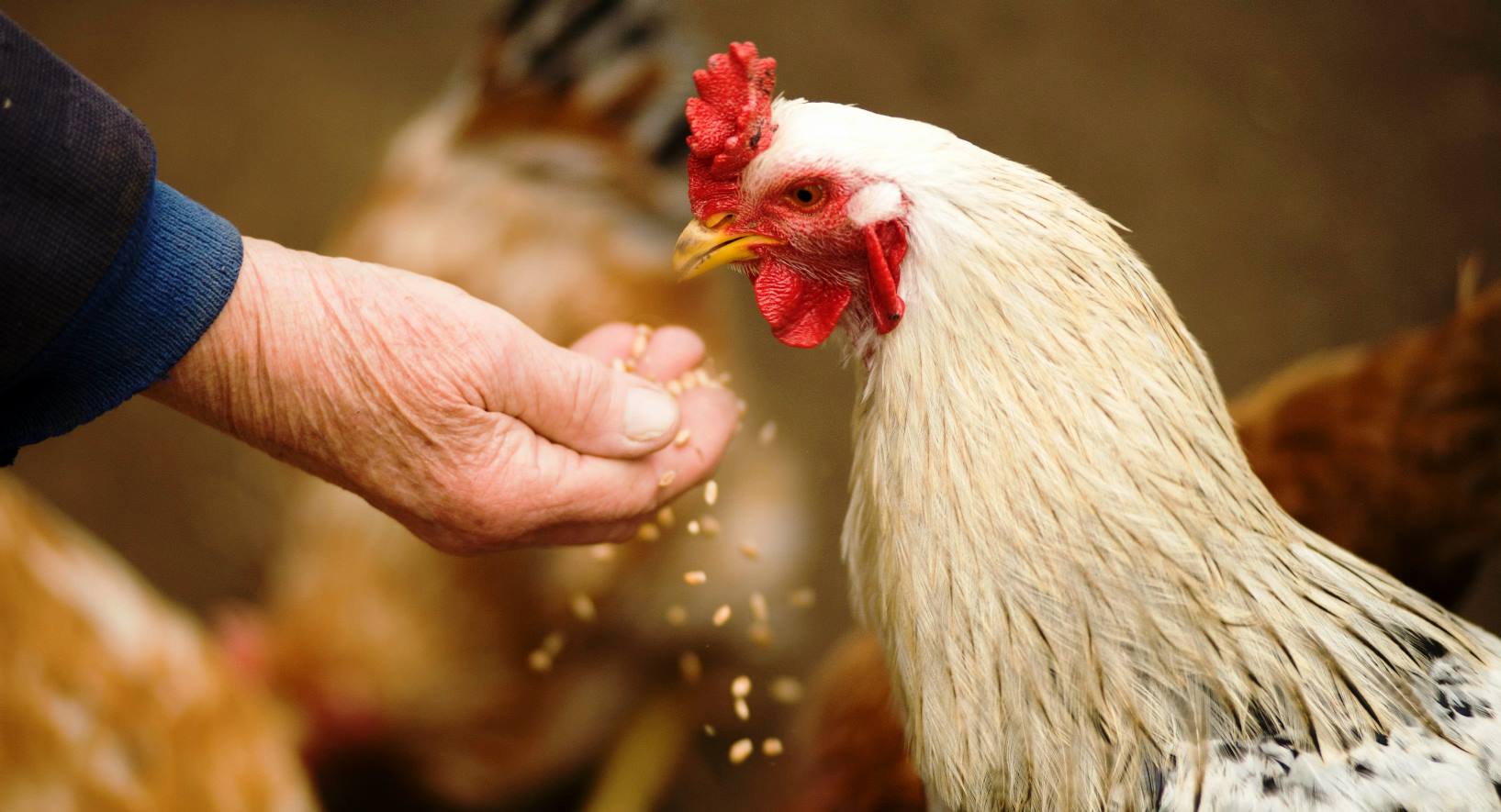
ALERT – Commodity Trading Scams!
Scammers are everywhere. They clone websites, emails, documents and even the image and voice of the supplier. Read this article until the end to learn how to protect yourself.
The international trade of agricultural commodities is a billion-dollar industry that moves tons of products like sugar, soybeans, and corn every day. However, behind the major transactions and million-dollar contracts, there is a dark side that can turn a great deal into a financial nightmare.
Agricultural commodity importers face a constant challenge: ensuring they are dealing with reliable suppliers. Unfortunately, scams in commodity imports are more common than many realize, leading to massive financial losses and compromising the reputation of entire companies.
In this article, we will expose the most common scams in the agricultural commodity trade and reveal essential strategies to avoid them. If you want to protect your investments and close secure deals, keep reading until the end.
Contents
Imagine finding a supplier with below-market prices, excellent payment terms, and fast delivery. Everything seems perfect until, after making the payment, the company disappears. This scam is one of the most common in the agricultural commodity trade.
How It Works: The scammer creates a fake company, usually with a well-designed website and forged documents. They offer irresistible prices and convince the importer to pay in advance. After receiving the payment, the “company” disappears.
How to Avoid It: Always verify the supplier’s history. Request references, research in reliable databases, and be wary of offers that are too good to be true.
An importer signs a contract with a supposedly legitimate supplier and receives all the necessary documentation for the import. However, when trying to clear the cargo at the port, they discover that the documents are fake.
How It Works: Certificates of origin, commercial invoices, and even phytosanitary licenses can be forged. The importer believes everything is in order until customs authorities identify the fraud.
How to Avoid It: Work with experienced customs brokers and verify the authenticity of the documents directly with the issuing authorities.
You pay for sugar, soybeans, or corn, but when it’s time for delivery, the cargo simply does not exist. This scam has defrauded importers worldwide and can cost millions.
How It Works: The supplier sends authentic documents, ensuring that the goods are ready for shipment. However, the cargo never arrives, and the supplier vanishes.
How to Avoid It: Insist on pre-shipment inspections conducted by independent auditing firms. Purchase international cargo insurance to minimize risks.
A contract is signed, a price is agreed upon, and suddenly, the supplier claims that costs have increased and demands an extra payment to release the goods.
How It Works: The supplier charges an additional fee, citing exchange rate fluctuations, unexpected costs, or customs requirements. If the importer refuses to pay, they lose their initial investment.
How to Avoid It: Ensure that all terms are detailed in the contract. Use clauses that protect against abusive price adjustments and require guarantees before making any payment.
Many importers rely on brokers to find reliable suppliers, but not all intermediaries are legitimate.
How It Works: The broker charges fees for the negotiation but, in reality, has no actual contacts with suppliers. They simply disappear after receiving payment.
How to Avoid It: Work only with recognized brokers in the market. Request proof of relationships with suppliers before closing any deal.
Supplier Verification: Use specialized platforms to validate the reputation and certification of companies.
Detailed Contracts: Formalize all terms in well-structured contracts reviewed by international trade lawyers.
Use of Letters of Credit: Prefer payments via letters of credit rather than direct transfers.
Audits and Inspections: Before shipment, hire companies to inspect the cargo and ensure it exists and meets specifications.
Trusted Supplier Guide: Use specialized directories to find legitimate suppliers and avoid unnecessary risks.
The agricultural commodity trade offers lucrative opportunities but also presents significant challenges and risks. Commodity import scams can result in million-dollar losses, putting an entire company’s operations at risk.
That’s why the best defense against fraud is prevention. Verifying suppliers, formalizing solid contracts, and using reliable intermediaries are essential steps to ensuring that your transactions are secure and profitable.
If you want to import safely, check out our Trusted Supplier Guide. With it, you will gain access to a carefully curated list of legitimate and vetted suppliers, minimizing risks and increasing your chances of success in international trade.
Access the Trusted Supplier Guide Now and protect your investments!
Mello Commodity publishes educational articles that aim to guide importers of agricultural commodities on: Brazilian crops, market information, prices, scams, etc.
Some articles may contain affiliate links that provide access to several SUPPLIER GUIDES for Brazilian agricultural commodities. The commission paid to the Mello Commodity team is used to cover production costs and will not impact the cost of acquiring the material.
If you are interested in negotiating the direct import of sugar, soybeans or yellow corn, simply click on the Quotation menu and send us your order details.

Brazilian, graduated in Marketing, Specialist in Service Management and Strategic Communication.
Important International Negotiator in the commercialization of Brazilian agricultural commodities such as: Sugar, Soybeans and Corn.
Owner of Mello Commdity, she has gained great prominence on the internet in recent years by promoting educational articles for importers of Brazilian agricultural commodities.
 Bangladesh Sugar Imports: A Global Success Case Study
Bangladesh Sugar Imports: A Global Success Case Study Coup plotters are everywhere in international trade. Protect your international businesses with the Agricultural Commodities Suppliers Guide
Coup plotters are everywhere in international trade. Protect your international businesses with the Agricultural Commodities Suppliers Guide Oil Exporters in Brazil – Business Opportunities and Global Markets
Oil Exporters in Brazil – Business Opportunities and Global Markets Avian Influenza in Brazil: What You Need to Know in 2025
Avian Influenza in Brazil: What You Need to Know in 2025